Description
Betel nuts, also known as areca nuts, come from the areca palm tree, native to Southeast Asia and the Indian subcontinent. These nuts have been chewed for centuries for their stimulant effects and cultural significance. The nut itself is small, with a hard shell that is often removed before consumption. Typically, it is wrapped in betel leaves along with slaked lime and sometimes spices or sweeteners, creating a chewable concoction known as “betel quid.”
The stimulating effects of betel nuts are due to their alkaloid content, particularly arecoline, which can increase alertness and energy. However, regular consumption can lead to various health issues, including oral cancer, gum disease, and addiction. Despite these risks, betel nuts hold cultural importance in many regions, being used in social and ceremonial contexts.
In addition to their cultural uses, betel nut are sometimes employed in traditional medicine for their purported digestive and anti-inflammatory properties. The nuts can be found in different forms—raw, roasted, or processed into various products—and their consumption remains a widespread practice in several Asian cultures.

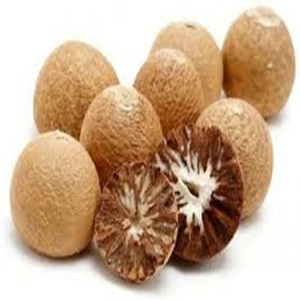
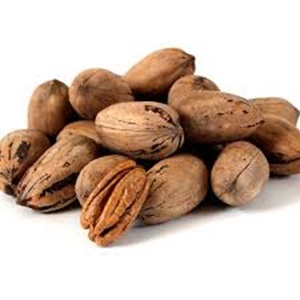
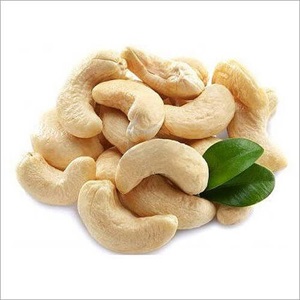
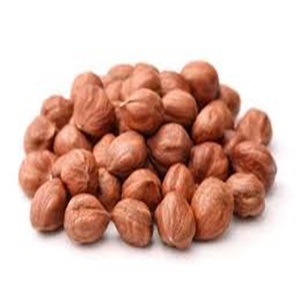
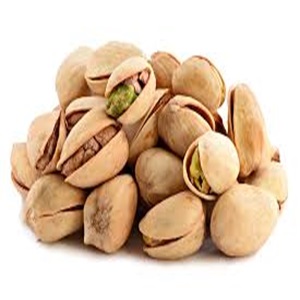
Reviews
There are no reviews yet.